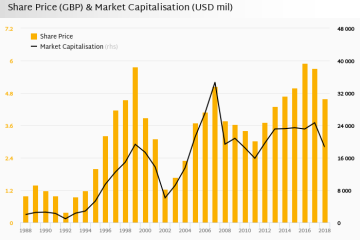The Impact of Florence Welch on Modern Music

Introduction
Florence Welch, the captivating lead singer of the band Florence + the Machine, has emerged as a significant figure in the contemporary music landscape. Known for her powerful vocals and ethereal stage presence, Welch’s artistry transcends mere entertainment—she engages deeply with themes of love, loss, and empowerment. As she continues to inspire fans worldwide, it is essential to explore her journey and the cultural resonance of her work.
Early Life and Career
Born on August 28, 1986, in London, England, Florence Welch’s creative inclination became evident at a young age. The daughter of a cultural attaché and a college professor, she was exposed to the arts early on. Welch’s breakthrough came in 2007 with the release of the debut album “Lungs,” featuring hits like “Dog Days Are Over” and “Shake It Out.” The album solidified her position as a leading voice in the indie rock and baroque pop genres.
Recent Developments
In recent months, Welch has been on a significant journey both personally and professionally. Following the release of her latest album, “Dance Fever,” in May 2022, she has been on a whirlwind tour, captivating audiences across the globe. Her performances are characterised by their raw emotionality and grand theatricality, often reflecting her own struggles with mental health, which she candidly shares with her fans.
Among recent highlights, Welch has performed at high-profile festivals like Glastonbury and Coachella, receiving critical acclaim for her live shows. Her ability to connect with her audience has been described as almost magical, as she fosters an atmosphere of solidarity and celebration throughout her performances.
Significance in Music
Florence Welch’s significance extends beyond her musical talents. She is a vocal advocate for mental health awareness, using her platform to discuss the importance of mental well-being, particularly in the context of performance anxiety and self-acceptance. Her candidness encourages countless fans to embrace their struggles and fosters a sense of community amongst her listeners.
Conclusion
Florence Welch is not just a musician; she is a cultural icon whose influence is marked by her authentic expression and artistic integrity. As she continues to evolve as an artist and advocate, her legacy will undoubtedly leave an indelible mark on future generations. The power of her music lies not only in its melodic beauty but also in its capacity to resonate with the human experience, making her a beacon of hope and creativity in today’s music scene.









